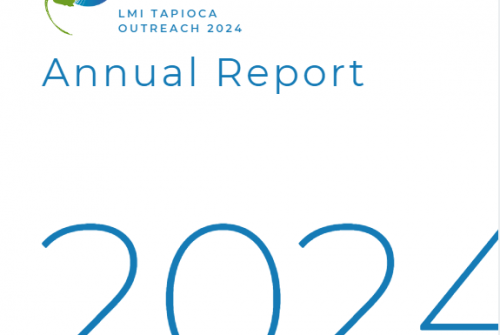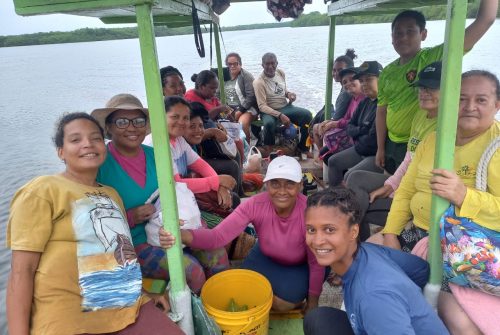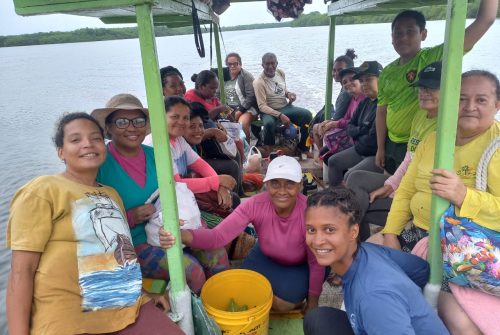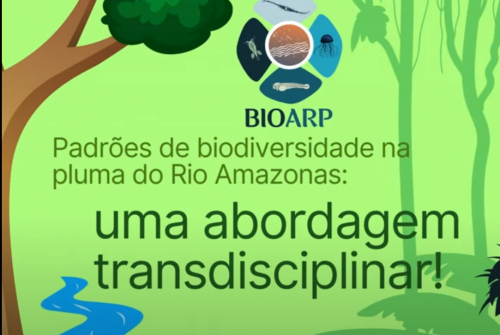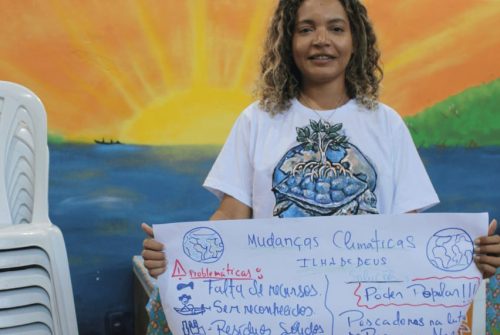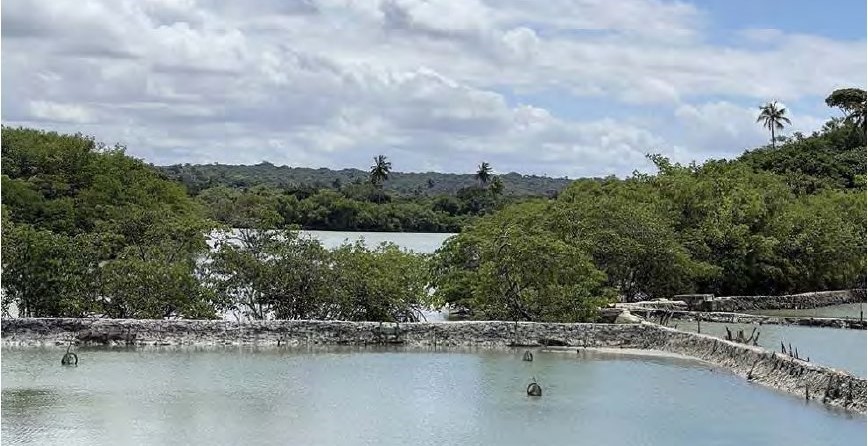
The interdisciplinary EESSEM project (funded by 80PRIME CNRS), embedded within TAPIOCA, proposes to improve the assessment of the state of a mangrove socio-ecological system, taking into account both the ecosystem and the well-being of the Indigenous People and Local Communities (IPLC) that depend on the mangrove for their existence. Such an assessment is developed within the framework of an interdisciplinary (biology, ecology, geography, anthropology) and transdisciplinary process, through co-construction with the various local stakeholders to define, together, the state (good or degraded) of a mangrove. The study of relations between IPLC and mangroves will also allow assessing whether a mode of governance mitigates or generates inequalities, and how it contributes to mangrove preservation, by coupling it with an analysis of the biodiversity (environmental DNA, remote sensing, botany). Two mangrove models are studied on the Santa Cruz PE (Brazil) and Pichavaram (India) estuaries.
Field sampling began on the Santa Cruz estuary in August 2023 (botanical monitoring, ground truth of the remote sensing based LULCC mapping, and contact with IPLCs) and November 2023 (environmental DNA sampling in water). The effects of agriculture, aquaculture or pollution from the Igarassu city on biodiversity will be compared with natural sites.
Associated research units: SMI-IFP Pondicherry IN, MARBEC Montpellier FR, PALOC Paris FR, UFRPE-Bio-Impact Recife BR, NEERI India.
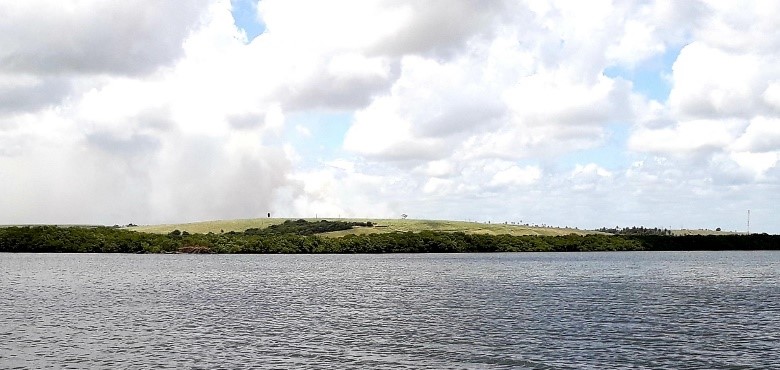
CONTACT
J. Andrieu – julien.andrieu@ifpindia.org / J. Panfili – jacques.panfili@ird.fr
Featured image: Conversion of mangroves into aquaculture ponds in Santa Cruz (Brazil) Fonte: © J. Andrieu (IFP)


